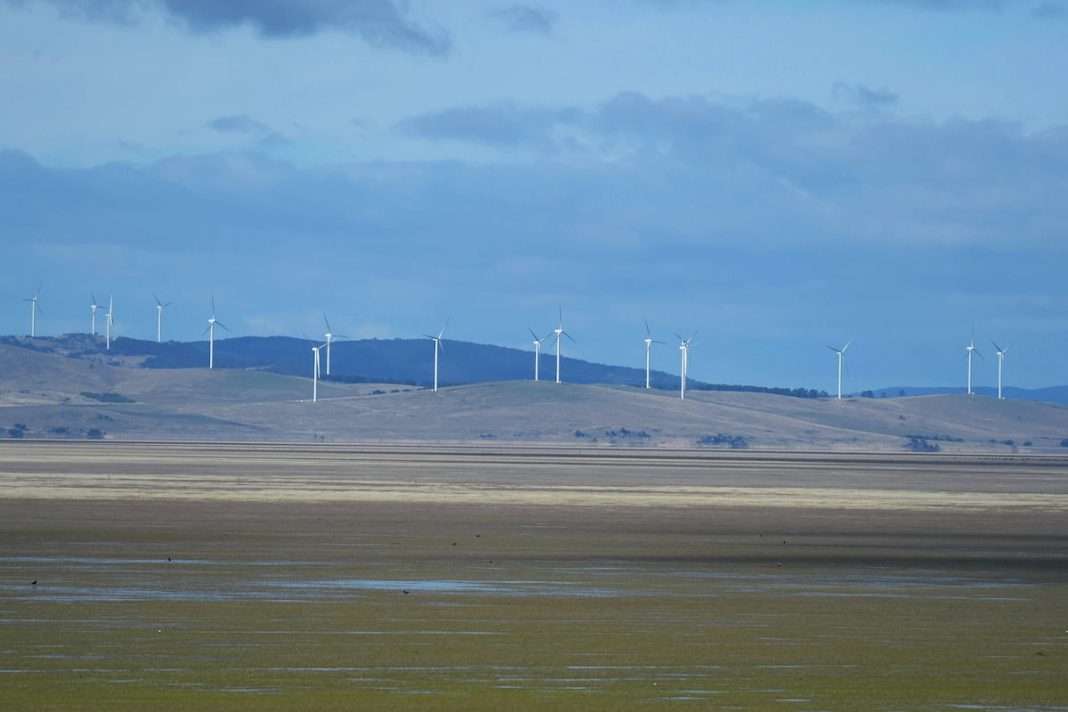Green climate activists initially preferred gas over electricity for power supplies. They did so because, per unit of energy, the CO2 emission levels of gas are about half those of coal, which remains, albeit to a diminishing extent, the mainstay of electricity power generation. But each new regulatory victory in extending the subsidies for wind and solar to replace low-cost and more reliable coal in electricity generation has led activists to raise the ante. Some have dishonestly claimed lower gas use, as well as helping prevent a fictitious “global boiling”, will also reduce non-existent health risks from gas fumes.
On 8 December, the ACT became the first Australian jurisdiction to ban gas connections to new housing developments. Aside from a Greta Thunberg-type virtue signalling, the Minister Shane Rattenbury claimed, “Research shows that electricity is the most efficient, affordable, and feasible energy source to replace fossil fuel gas use.” He did not explain why, if that is the case, the decision could not be simply left to consumers rather than denying them choice.
At least for the time being, replacing gas by electricity will, ironically, increase emissions of CO2 by about 50 per cent. That’s because coal remains the source of two-thirds of the electricity supply. The claim that the ACT’s electricity supply is totally renewable is misleading. As the Clean Energy Regulator makes clear, the Territory is part of the NSW system which is two-thirds coal.
Notwithstanding the Minister’s claims to be acting in consumers’ interest, gas is favoured by many households for cooking and heating. It also has advantages over electricity for certain industrial processes. That’s why, for example, nearly all major bakeries are powered by gas. And many restauranteurs consider gas is a better source of energy for their businesses, which has led them to block bans on new gas connections in California.
The ACT gas and electricity networks (Evoenergy) are jointly owned by the ACT government and Jemena (Chinese and Singaporean owned). Two-thirds of Canberra households use natural gas. The initial ban is a first stage to the elimination of gas as a fuel supply and therefore the closure of the gas network. This covers 139,000 households and is worth about $300 million.
Jemena’s CEO, David Gillespie, says that he and all in the energy industry are committed to the “energy transition”, which has an 82 per cent renewables supply goal by 2030. But he noted that the cost of this “sits somewhere in the vicinity of SEVEN to NINE trillion dollars”. That is three times national income, but its promoters are remarkably unperturbed at what would entail reducing living standards by at least one-third and possibly much more.
Business generally adopts a complicit approach to government intervention in the energy industry, recognising and in some cases welcoming its pervasive and increasing role. Suppliers take the view that government sets the rules and they will profitably meet the demand.
Business owners’ disinclination to criticise energy policy is all the more likely when, as in the ACT, there is a common ownership of gas and electricity distribution networks. For the monopoly owners, avoiding costs involved of having both a gas and electricity network, and facing no possible competition, might even improve profits. And hey! If some customers do not get their choice, well, they can blame the government for this.
If you thought that our politicians don’t know what they are doing, you’d be dead right.
A former senior official at the Productivity Commission and with the Victorian Government, Alan Moran is a well-known writer and commentator on energy and other regulatory matters. His website is: www.regulationeconomics.com



